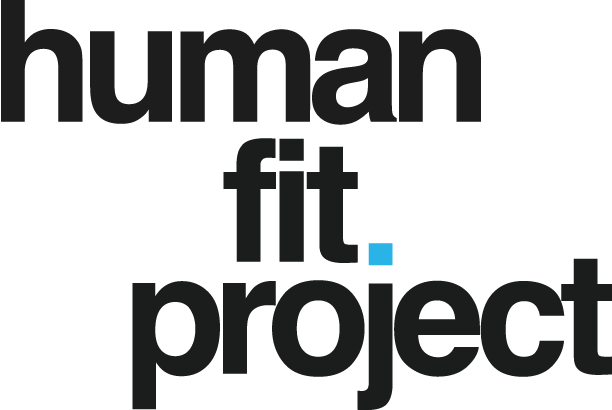Testosterone is a very, very important thing for men. It affects just about everything, if not all, aspects of their lives from how they look and feel physically to their emotions and mental well-being. Higher levels of testosterone are associated with lean muscle, loss of body fat, increase sex drive, and elevated mood. On the other hand, lower testosterone leads to the loss of muscle, a gain of body fat, reduced sex drive, increased likeliness of depression, and even heart disease. Testosterone gradually declines as we age.
What is testosterone?
Testosterone is a hormone that is naturally produced by the body, primarily in a man’s testes.
When does testosterone start to decline?
At about age 30, T will decline by 1% each year. At around 50, the decline will accelerate.
What is the healthy range for testosterone?
The normal or healthy range for testosterone is 300-1000 ng/dl. Anything below that is considered low T and a doctor could potentially prescription some type of gel, cream, or injection as T-therapy to increase it. This is pretty much a last resort effort.
Is T-therapy safe?
Unfortunately, it’s hard to say. A recent 2018 study in The Journal of Clinical Endocrinology & Metabolism discourages the use of any type of T-therapy for men that have had a stroke or heart attack within the last 6 months, or are at risk for prostate cancer. Who cares if you don’t have those conditions, that’s should be enough of a warning.
Does T-therapy work?
Unfortunately, it’s hard to say as well. In a March 2018 story from The New York Times, author Randi Hutter Epstein shared the story of two men that were prescribed T-therapy, both claimed to have experienced positive results. However, in Epstein’s piece, their doctor noted that he wasn’t sure if it’s the t-therapy or just the placebo effect. So there are risks and it may not even do anything. Pass.
How can you naturally increase testosterone?
Good news is, you don’t need to take dangerous pills, gels, creams, or mystical powders—there are a number of things you can do naturally.
1. Reduce the stress in your life
Research in the Journal of Sports Science & Medicine concluded that cortisol (another hormone) and testosterone work against one another. Cortisol levels become elevated during stressful situations, potentially impacting healthy testosterone levels. Meditation and breathing techniques should be used to keep stress under control.
2. Train more intensely
Two studies back this up. The first, published in the Journal of Clinical Biochemistry and Nutrition associated physical activity with an increase in testosterone levels. And secondly, research published in the journal Sports Medicine found that high-volume, high-intensity workouts and exercise produce a strong surge in testosterone.
3. Get more sleep at night
If you’re only getting 4, 5, or 6 hours of sleep every night, you’re most likely hurting you T levels. Research in the Journal of the American Medical Associations (JAMA) observed the testosterone levels of men that slept 8-10 hours per night vs. men that slept 5 hours per night. The men that slept 5 hours had approximately 10-15% lower testosterone. You need to get more shut-eye, here are the 10 best ways to get more quality sleep.
4. Eat all the right foods
Proteins, carbs, and fats are essential for building muscle and staying lean, but dietary fats are particularly important when it comes to testosterone production. Dietary fats produce cholesterol which then can be converted into testosterone. You’re probably eating enough fat if you consume nuts and fish, but if you’re following a super-low fat diet as an attempt to keep calories down, you could be hurting your T levels.
5. Supplement with the promising (and safe) stuff
Stress is on the way down, training is on the rise, sleep is better, and the diet is cleaned up. Supplementing can help fill some of the gaps. While there are a lot of false promises out there, these are the one’s with the best looking research, and most importantly, they are completely safe. Don’t buy anything with suspect, or even corny names like “Mega Test Booster” or “Alpha Male Testosterone Booster”, etc., etc. Just get the basic stuff. Check the labels.
- Vitamin D: a study in the journal Hormone and Metabolic Research found that vitamin D-deficient men who took 3000 IU of the vitamin for a year saw a 25% increase in testosterone.
- Zinc: a study in Biological Trace Element Research found that men with low testosterone also tended to have low zinc levels.
- Ashwagandha: a study in the Indian Journal of Psychological Medicine found that the herb can help lower cortisol, which as a result, supports healthier T levels. Additionally, a study in the Journal of the International Society of Sports Nutrition compared the strength and testosterone levels of men that either supplemented with the herb or a placebo over an 8 week period. The herb group saw significant improvements in both strength and T.
- Caffeine: a study in the Journal of the Society of Sports Nutrition found that athletes that took caffeine lifted more, and as a result, saw higher testosterone levels. To clarify, caffeine does not increase testosterone itself, it was the increased exercise that lifted the testosterone. Caffeine supplied the athletes with more energy to lift more.

